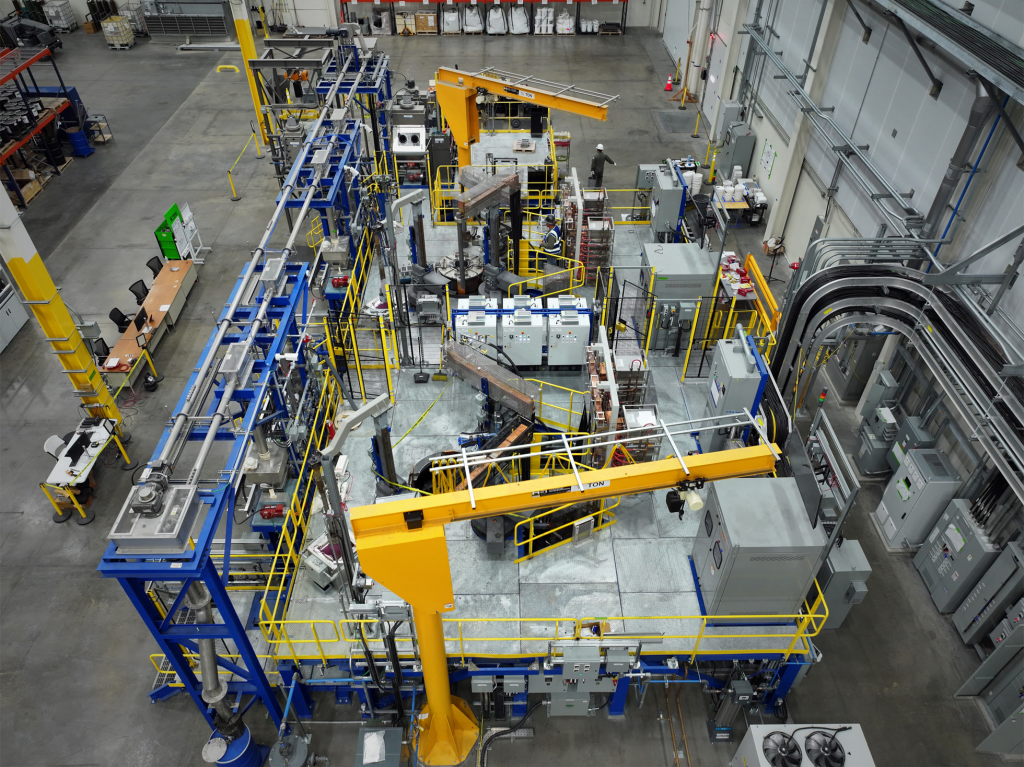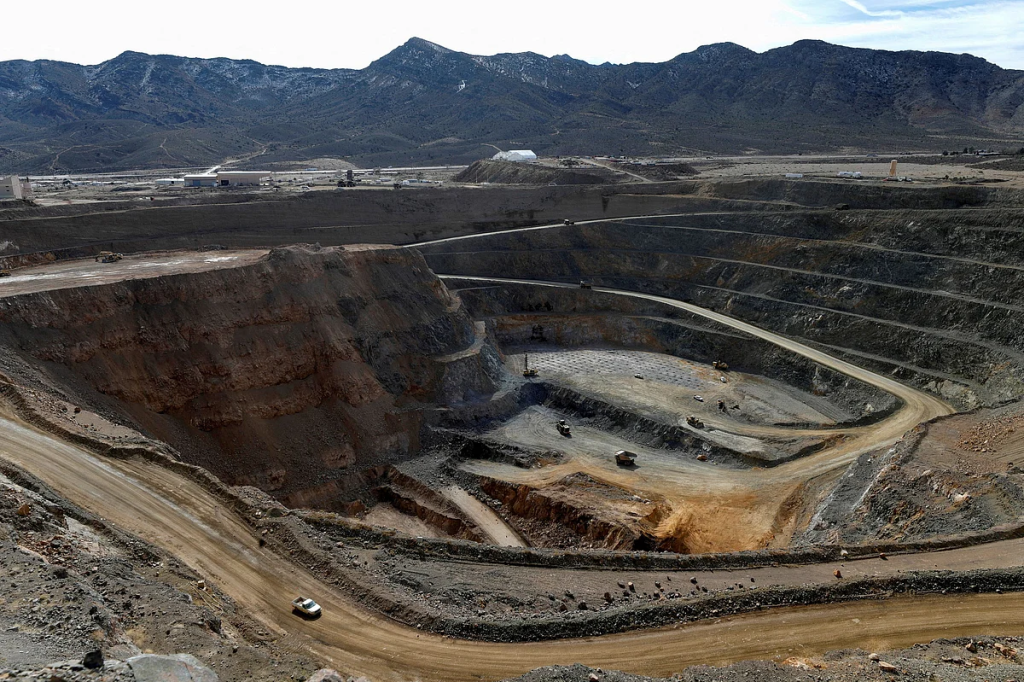
“Executives will now pay a significant premium for a stable supply chain. They don’t want stoppage,” said Gracelin Baskaran of the Center for Strategic and International Studies, summarizing the desperation that now grips American manufacturing. The rare earth business, long in the shadow of China’s dominance, has been thrust into the spotlight by a landmark $500 million joint venture between Apple and MP Materials, which is poised to redefine the future for strategic minerals in the United States.

These new geopolitical tensions and export bans by China have exposed the vulnerabilities of US supply chains, most notably for the rare earth magnets in everything from cellphones to advanced defense systems. Apple-MP’s agreement, welcomed by President Trump as a manufacturing win, is more than a news headline: it’s an alarm bell of seismic policy, technology, and global market shifts. Here are seven developments executives and investors need to watch:

1. Apple’s $500 Million Wager: Spurring Local Magnet Production
Apple’s landmark $500 million investment in MP Materials represents a turning point for US production of rare earth magnets. Apple pre-pays $200 million for shipments to come and secures a supply of magnets not subject to Chinese domination, while MP Materials builds out its Fort Worth, Texas, mill. The deal commits magnets to Apple’s hundreds of millions of devices, a quantity underscoring the strategic significance of the partnership.
Apple CEO Tim Cook stated, “Rare earth elements are required to make sophisticated technology, and this partnership will help to toughen the supply of these important materials within the United States.” The move isn’t merely a business one; it’s a public statement of US manufacturing independence and a direct rebuke to recent supply chain disruptions.

2. A Pentagon-Funded Supply Chain: National Security Meets Industry
The Department of Defense of the US is a significant investor, investing $400 million and becoming the biggest shareholder in MP Materials. The public-private arrangement guarantees the neodymium-praseodymium oxide a minimum price of nearly double China’s rate in the market and commits the Pentagon to purchasing all its magnets from MP’s new facilities for a period of ten years.
Ryan Castilloux from Adamas Intelligence termed the deal “a game changer for the ex-China industry and a much-needed boost of magnet production capacity.” The participation of the Pentagon indicates that rare earths are beginning to be considered strategic materials, and that has direct consequences for defense and commercial markets.

3. Recycling and Sustainability: Closing the Loop on Rare Earths
One of the distinguishing features of the Apple-MP deal is its emphasis on sustainability. The magnets will be made entirely from 100% recycled material, which will be processed in MP’s facility in Mountain Pass, California. It is in line with Apple’s vision to end the use of new mining and make the US a global leader in circular supply chains for critical minerals.
The recycling operation is the culmination of nearly five years of joint development, experimenting with cutting-edge technologies to Apple’s performance levels. The design could be an example to other industries seeking to reduce environmental impact while enhancing supply security.

4. China’s Export Restrictions: The Catalyst for US Action
China’s recent imposition of export controls on rare earths starting in response to US tariffs has exposed harsh vulnerabilities in US supply chains. The reality that China processes nearly 90% of world rare earths and supplies more than 70% of US imports has made the prospect of supply disruptions a pressing concern for producers and policymakers alike.
These new constraints have already caused the shutdown of production lines in sectors like the manufacture of automobiles and raised further alarm regarding the ability of the US defense industrial base to surge in the event of a crisis. The partnership of Apple-MP is shared perception as an action to counter this new reality, de-risking critical supply chains and restoring US competitiveness.

5. Breakthroughs in Technology: US Innovation in Rare Earth Separation
New chemical separation technology breakthroughs will soon alter the financial dynamics of US production of rare earths. Oak Ridge National Laboratory and Idaho National Laboratory created new extractants and membrane solvent extraction technology that greatly improve the selectivity and efficiency of separating rare earths.
These technologies, newly licensed to US firms, have the potential to save money, save waste, and enable economies of scale in domestic heavy rare earth production a step necessary for energy and defense applications. As noted by Caldera Holding’s Jim Kennedy, “Developing a domestic supply of these elements is critical to a range of clean energy and national security technologies.”

6. The Boom in Investment: MP Materials’ SPECTACULAR Revival
Pentagon contracts and Apple have sparked a boom in MP Materials’ valuation, with shares nearly doubled since the announcement of the government transaction. It is putting in $600 million in equity of its own to increase production and build a second magnet manufacturing factory, with completion scheduled for 2028.
MP’s transformation from contemplating merger with sagging profits to the linchpin of US rare earth autonomy demonstrates the power of strategic investment and state support to invert the trajectories of industries in a matter of years. The investment, supported by a $1 billion loan from Goldman Sachs and JPMorgan, evidences mounting investor confidence in the future of the industry.

7. Policy, Geopolitics, and the Future of US Manufacturing
President Trump’s executive orders and the administration’s efforts to boost domestic mineral production have opened the door for these recent developments. The deal between Apple and MP is part of a broader policy shift to bring critical supply chains within US borders and reduce strategic reliance on China.
But as analysts note, there is a long way to go before the US closes the gap with China’s size and technology in processing rare earths. Even with new facilities, home-based production will remain a fraction of China’s for decades to come. The path forward is through increased public-private collaboration, technology development, and ongoing investment to keep America in the global race for critical minerals.

The Apple-MP Materials partnership is not just a newsflash it’s a harbinger of the future for US critical minerals, as sustainability, security, and technology leadership converge. For those working in the industry and investors as well, these transformations bring both challenges and opportunity as the nation looks to develop a robust, competitive supply chain for the technologies of the future.


